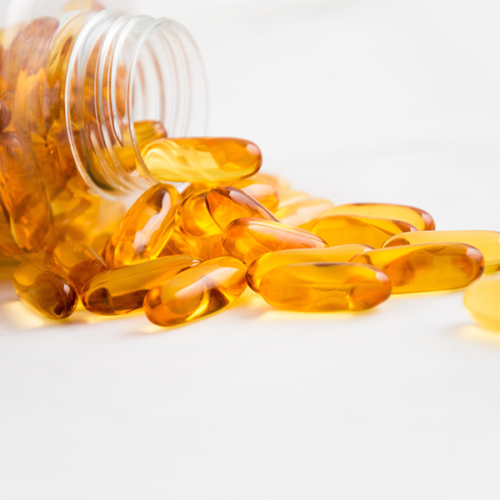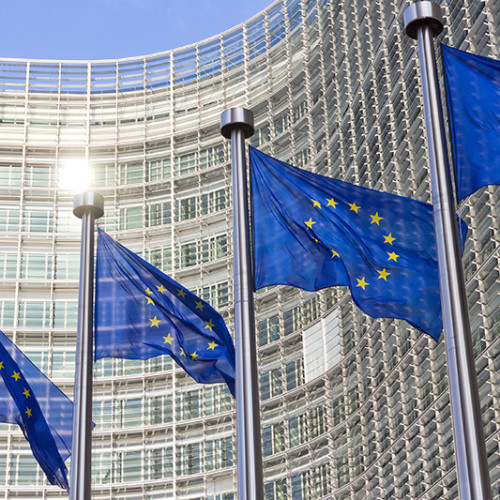
WHO/Europe is calling upon consumers to become a part of a project aimed at creating a healthier society. Indeed, consumers can participate to the test of an artificial intelligence (AI) tool that will help countries across the WHO European Region to effectively monitor and regulate the promotion of harmful products from tobacco and alcohol to foods high in salt, trans fats and sugars – and to monitor the marketing of breastmilk substitutes and foods for infants and young children.

Starting from 2023, some food law aspects previously managed by the DGCCRF are transferred to the DGAL. What are the practical consequences for food supplements?

The cannabidiol, CBD, an active substance most often of natural origin, is one of the phyto-cannabinoids. CBD, as the tétrahydrocannabinol (THC ), is present in the cannabis flowers and leaves. It is a non-addictive psychotropic drug, unlike THC. It is also a component in the form of an extract, medicine, or everyday consumer products, only some of which are authorised in France under specific conditions of THC content. In addition, CBD is considered at European level as a novel food whose safety is currently being assessed by EFSA.

Following an exploration of potential regulatory pathways for cannabidiol (CBD) products by an internal Food and Drug Administration (FDA) working group, the FDA concluded on January 26, 2023, that a new regulatory pathway for CBD is needed to provide the regulatory oversight necessary to manage risk. The Agency is prepared to work with Congress on this issue.

Background: in the Guidance on the implementation of Regulation N° 1924/2006 on nutrition and health claims: conclusions of the standing Committee on the food chain and animal health published in 2007, the probiotic term is considered as a health claim because it refers to the implied description or indication of a functionality on health.

The conditions of use of the ingredient are now set by Regulation (EU) 2022/860.

You may see a claim followed by an asterisk on a herbal food supplement marketed in the Netherlands. These food supplements are composed of one or more plant(s) or plant extract(s) claiming effects on health. In accordance with European regulations on nutritional and health claims, only scientifically substantiated claims are permitted.

France and Italy are often seen as “cousin” countries because of their geographical and cultural proximity. Is this peculiar closeness observable within the food supplement field, too? In this article, we will compare the approach of the two countries to this class of goods.

The EU has lowered the maximum authorised levels for the harmful heavy metal contaminants, cadmium and lead, in food and drink sold in Europe.

On May 2021, the UK Government has published a report of proposals to attract significant investments and boost innovation in the Nutraceutical